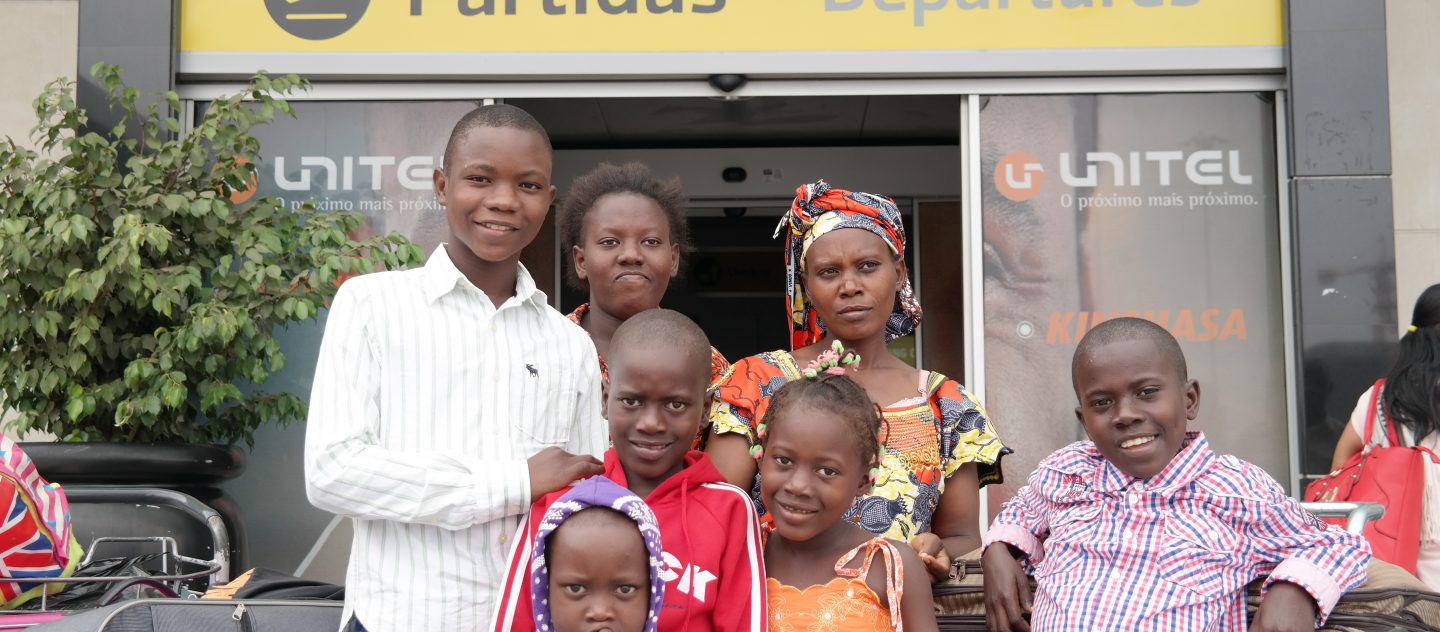The Cessation Clause is invoked when the circumstances in the country of origin that caused a refugee to flee no longer exist. (For more information about the Refugee Convention Cessation Clause in the context of Rwanda, click here.) Since UNHCR launched the Comprehensive Solutions Strategy for Rwandan refugees in 2009, over 600,000 Rwandans have repatriated.
Through the One UN Sustainable Return and Reintegration joint program led by UNHCR, UN agencies support the Government of Rwanda to receive all returnees when they arrive in the country, and provide them with assistance to return to their places of origin and reintegrate into the local community. UNHCR works with its key Government counterpart MIDIMAR as well as WFP, FAO, UNDP, UNICEF, UN-Habitat, and IOM in order to assist returnees to settle in their districts of origin.
Since 2013, UNHCR has supported the initial socio-economic reintegration of 14,028 returnees (including 1,037 who returned home in the 1st quarter of 2015) into their communities. Those Rwandan returnees who return to Rwanda after living for years as refugees in the Democratic Republic of Congo (DRC) are received by UNHCR and its partners in two transit centers in western Rwanda, where UNHCR provides them with transitional shelter, health services and basic assistance, before transporting them to their districts of origin. UNHCR also registers returnees upon their arrival, which is a key element of their protection and lays the groundwork for returnees to reestablish their lives by accessing key documentation. UNHCR provides returnees with essential household items such as blankets, plastic mat, jerricans, soap and kitchen sets. Once returnees have been registered and received their basic assistance package, UNHCR transports returnees to their districts of origin where their reintegration begins. UNHCR monitors the socio-economic reintegration of returnees into their communities, by visiting returnee families and holding focus group discussions to understand and address challenges in reintegration.
MIDIMAR as well as partner UN agencies including UNICEF, UN Habitat, IOM, FAO and WFP provide complementary support to returnees for their reintegration, assisting them with food and essential non-food items upon arrival, access to land for their durable self-reliance, access to education and vocational training.

